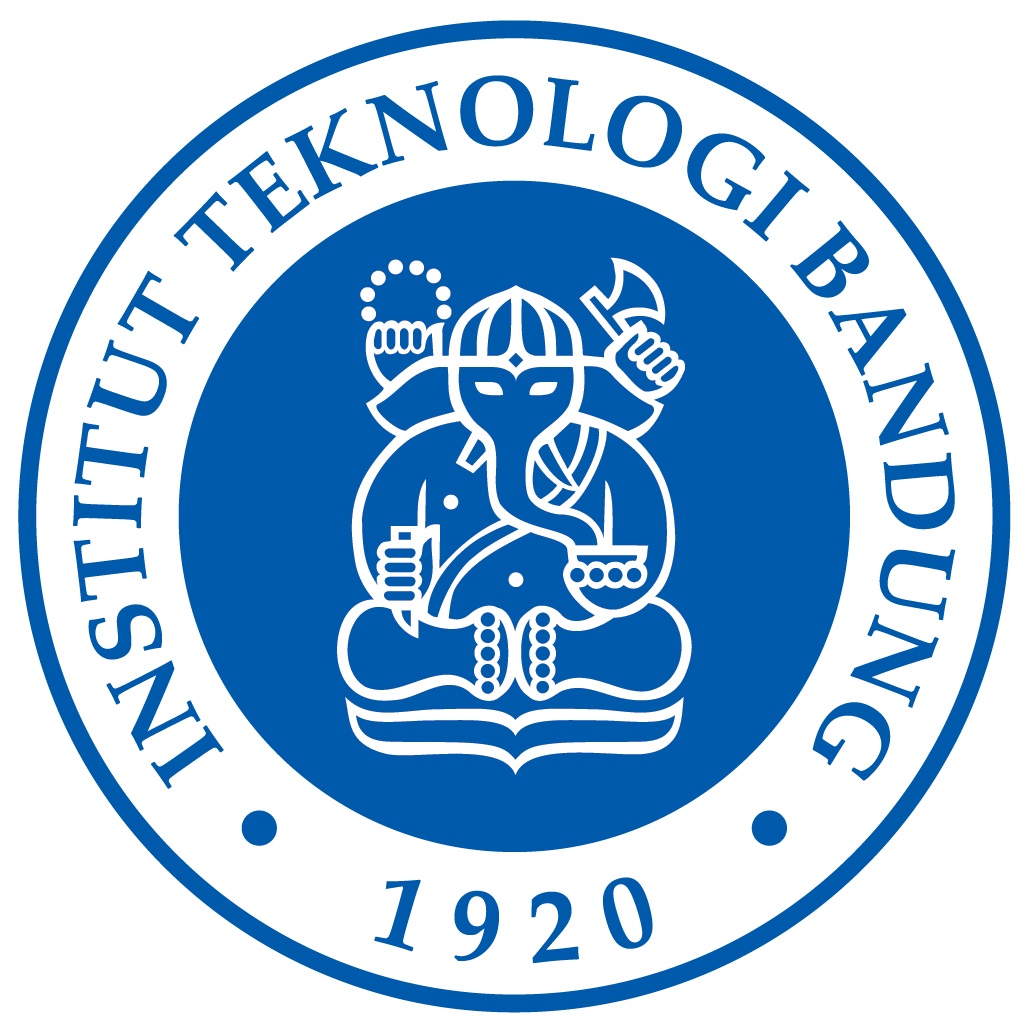

V. Sri Harjati Suhardi
Degradation of reservoir ecosystems in various regions, especially in West Java, is a major concern due to the impact of pollution caused by human activities, such as domestic, agricultural and livestock waste. Increased population and agricultural activities have caused significant pollution, affecting water quality, biodiversity and ecosystem balance. This problem is a national strategic issue because it is related to the quality of water resources and public health.
This proposal aims to utilize bioremediation technology based on the pump and treat method as a solution to improve reservoir ecosystems. This technique involves the process of pumping polluted water out of a reservoir, processing it using microorganisms to break down organic and inorganic pollutants, and returning it in a clean condition. This approach is not only effective in reducing contamination but also allows complex waste management simultaneously.
This project is oriented towards improving the quality of polluted reservoir ecosystems with the specific objective of
The implementation stage includes field studies to identify sources of pollution and the physical, chemical and biological conditions of the reservoir; bioremediation technology design tailored to site specifications; implementation in the field by involving the community in education and training; to monitoring and evaluating program effectiveness. This system is expected to be a holistic solution that integrates technical approaches and community participation in maintaining reservoir ecosystems.
The expected results of this program include: improving reservoir water quality, providing training modules and technical guidance for the community, as well as ecosystem restoration characterized by an increase in biodiversity. Through technology development and strengthening public awareness, this activity aims to support sustainable development and sustainability of water resources.
With a project duration of 10 months, each stage of activity is designed systematically, starting from initial surveys, technology design, implementation, until the final evaluation. This project is expected to become a pilot model for handling reservoir pollution in various locations with similar conditions. Through synergy between technology and community participation, this program offers strategic solutions that can improve the quality of life and sustainability of freshwater ecosystems in Indonesia.
"1. Reducing the level of reservoir water pollution caused by domestic, agricultural and livestock waste, will simultaneously improve the quality of reservoir water so that it meets appropriate water quality standards. 2. Develop and implement effective and sustainable bioremediation technology for application in reservoirs using a pump and treat system. 3. Draft guidelines for implementing reservoir ecosystem improvements that can be adapted and applied in other locations with similar pollution conditions."
"This community service program is not only able to overcome the problem of reservoir pollution technically, but can also strengthen community involvement in protecting and caring for their environment. Through this activity, it is hoped that synergy will be created between technology and community participation in efforts to preserve the reservoir ecosystem. "